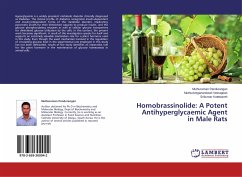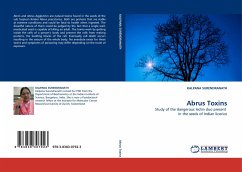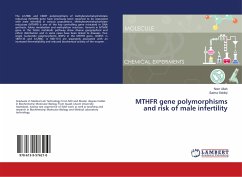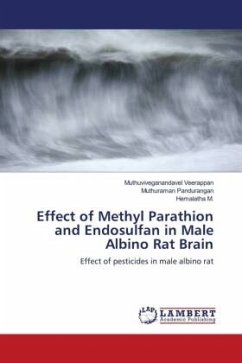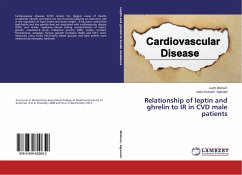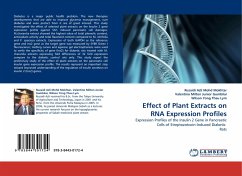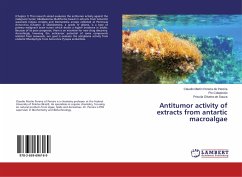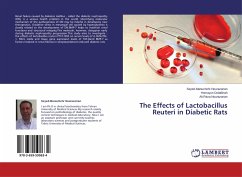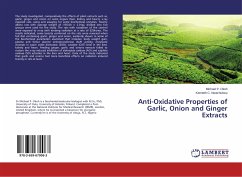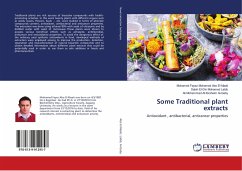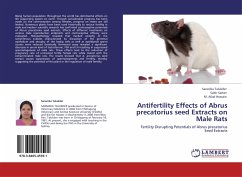
Antifertility Effects of Abrus precatorius seed Extracts on Male Rats
Fertility Disrupting Potentials of Abrus precatorius Seed Extracts
Versandkostenfrei!
Versandfertig in 6-10 Tagen
32,99 €
inkl. MwSt.

PAYBACK Punkte
16 °P sammeln!
Rising human population throughout the world has detrimental effects on life supporting system on earth. Though considerable progress has been made on the contraception among females, progress on males are still limited. Numerous plants have been used historically to reduce fertility in male and modern scientific research has confirmed contraceptive potentials of Abrus precatorius seed extracts. Effects of different treatments on various male reproductive endpoints and contraceptive efficacy were evaluated. Histopathology revealed that marked atrophy of the seminiferous tubules characterized b...
Rising human population throughout the world has detrimental effects on life supporting system on earth. Though considerable progress has been made on the contraception among females, progress on males are still limited. Numerous plants have been used historically to reduce fertility in male and modern scientific research has confirmed contraceptive potentials of Abrus precatorius seed extracts. Effects of different treatments on various male reproductive endpoints and contraceptive efficacy were evaluated. Histopathology revealed that marked atrophy of the seminiferous tubules characterized by disruption of the germinal epithelium and atrophy of the leydig cells as well as epididymal sperm counts were reduced drastically. Hormonal assay revealed a significant decrease in serum level of testosterone, FSH and LH resulting in suppressed spermatogenesis of male rats. These effects lead to the reduction of pregnancy rate of untreated fertile female rats while mated with the extract-treated male rats. The results showed that A. precatorius seed extract causes suppression of spermatogenesis and fertility, thereby suggesting the potential of this plant in the regulation of male fertility.



